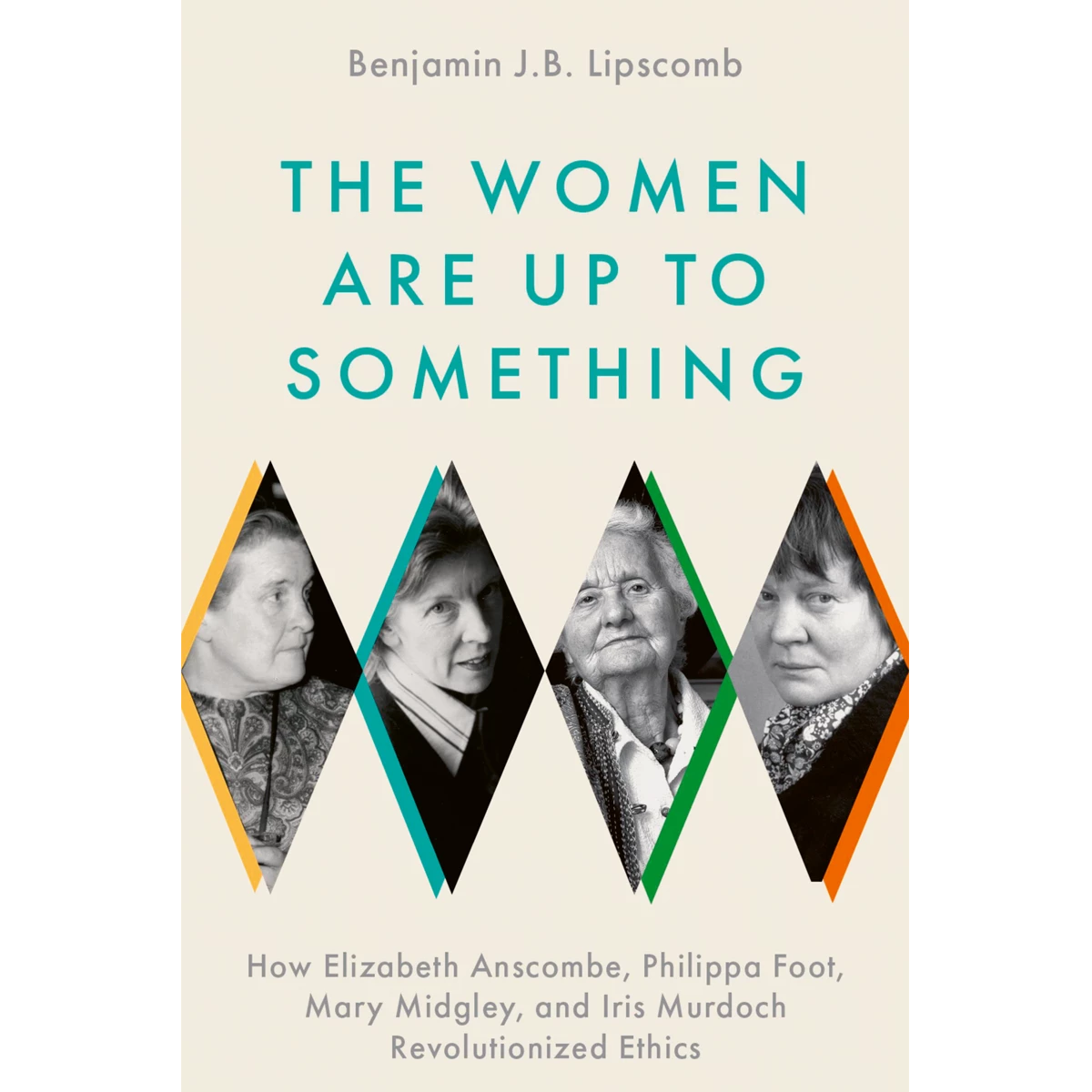
From Hypatia to María Zambrano, the history of thought is glazed with eminent women. Two recent books deal with some of the 20th century’s most notable ones through narratives braiding the life and work of four. Wolfram Eilenberger, who applied the approach on Cassirer, Wittgenstein, Heidegger, and Benjamin in Time of the Magicians (1919-1929), now tackles Ayn Rand, Hannah Arendt, Simone de Beauvoir, and Simone Weil in Fire of Freedom (1933-1943). For his part, Benjamin J.B. Lipscomb chooses four subsequent philosophers – Elizabeth Anscombe, Philippa Foot, Mary Midgeley, and Iris Murdoch – who after World War II created a revolution in ethics, and interweaves their intellectual and personal trajectories in The Women Are Up to Something. Read in succession, these two books offer more than philosophies in the feminine: a portrait of thought in the central decades of yestercentury.
The biography and the ideas of the four fascinating women Eilenberger focuses on, whose lot it was to live a time of totalitarianisms, are presented with rigor and elegance. Ayn Rand, a Russian Jew whose family fled from the USSR and who eventually settled in the USA, defended her liberal and Nietzschean credo in novels as popular as The Fountainhead, but her intellectual muscle has been slower to gain recognition. Not so Hannah Arendt, another Jew, who escaped from Germany to also end up in the USA, and who, leaving behind her affair with Heidegger, became one of the most influential political philosophers of her time. Something similar can be said for Simone de Beauvoir, who beyond her intellectual and personal bond with Sartre wrote works like The Second Sex, demonstrating an independent mind that went beyond feminism to embrace many political and social issues. And a separate case is the also French Simone Weil, who evolved from her Jewish origins to Christian mysticism and a political commitment that led her to fight in the Spanish Civil War, leaving a dazzling oeuvre that only saw the light after her early death. If philosophy can teach us about freedom and life, there are few better places to look than in the trajectories of these women.
Lipscomb’s quartet has less biographical drama, with these friends, Oxford-trained female thinkers, who asserted their identity in a man’s world by upholding justice and love as the key to a good life, and who could not have been more different: Anscombe, a disciple of Wittgenstein who converted to Catholicism and opposed abortion with the ferocity that earned her the nickname ‘Dragon Lady’; Foot, an analytical philosopher and militant atheist who developed an ethic of virtues; Midgley, a late-blooming thinker who stood up for animal rights; and Murdoch, a writer who combined bohemian life and multiple love affairs with communist activism and a relentless spiritual quest. The contemporary development of ethics cannot be conceived of without them, nor can the history of philosophy be imagined without these two feminine quartets.








